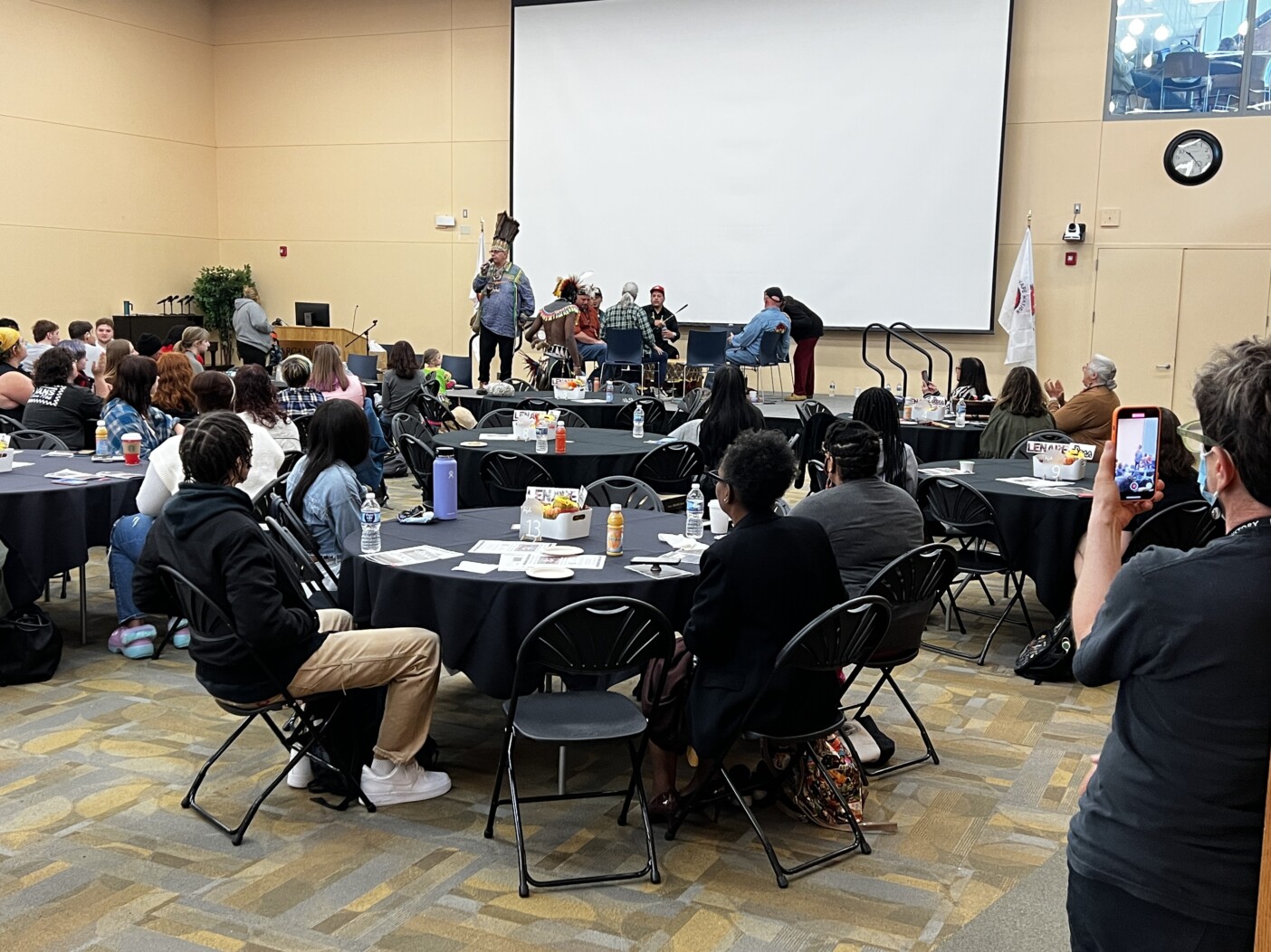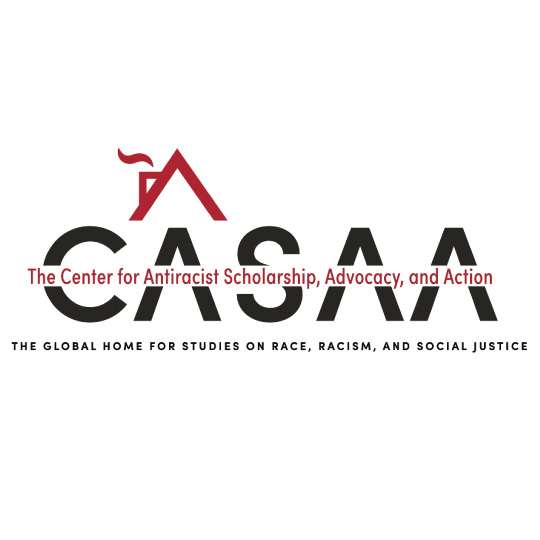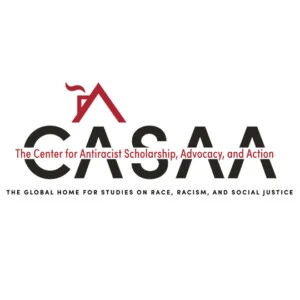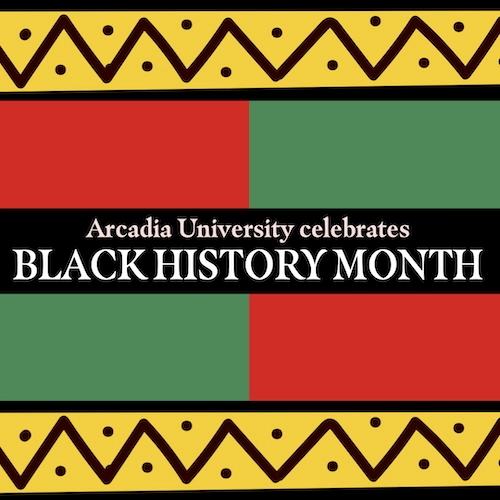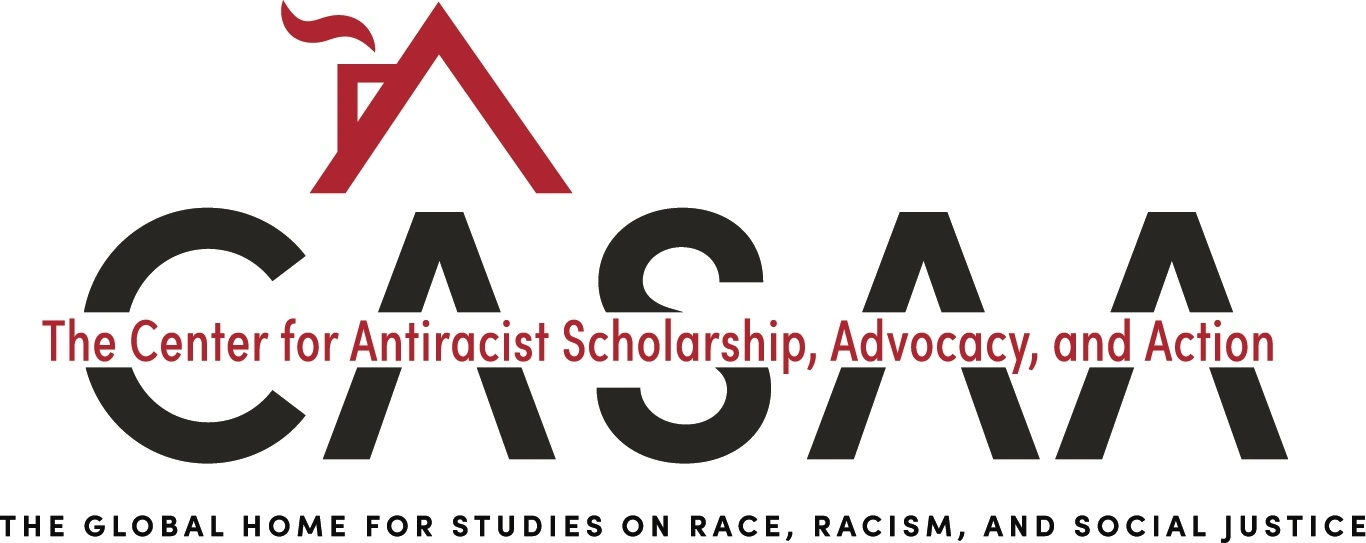
Shaped in part by the Combating Anti-Black Racism initiatives (CABR) at Arcadia University, the Center has three core goals that it aims to achieve in its efforts to become a leading advocate of antiracist thought and to act towards ensuring racial justice and equity. These goals include 1) pursuing research, 2) building community, and 3) providing resources.
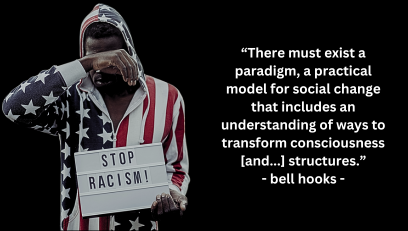
Pursue Research
Because the cultures of racism and white supremacy are intersecting and constantly evolving, a central goal of CASAA is to promote the development of scholarship—through an intersectional lens—that contributes to our understanding of race, racism, and antiracism in the past as well as in the contemporary world. CASAA defines scholarship broadly to include discovery, artistic expression, and application. CASAA will:
- Promote University-wide scholarship related to better understanding racism and antiracist practices.
- Support scholar-advocates’ existing and developing research projects that are related to better understanding contemporary and historical forms of racism, how notions of white supremacy create racism, and other similar foci.
- Encourage community-engaged and action-oriented scholarship as well as research that will lead to the creation of curricula for understanding racism and antiracism.
- Develop, implement, and evaluate best practices for antiracist advocacy and action.
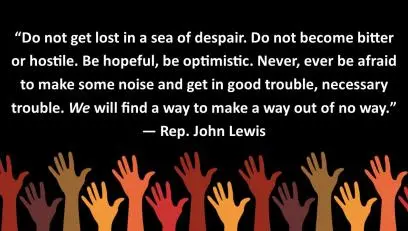
Build Community
CASAA will foster relationships within and across disciplines, institutions, and communities to generate diverse coalitions addressing issues of racism and social justice. This will involve engagement with colleagues and communities for the development, implementation, and evaluation of evidence-based resources in addition to advocacy and action efforts. In order to build this network of researchers, CASAA will:
- Promote and enable the development of diverse coalitions and, by doing so, serve as a model for unifying efforts.
- Be a space that actively engages the insights of those traditionally marginalized and disenfranchised in these important conversations.
- Work with community members to advocate for reform and action to combat racism and promote racial equity.
- Work collaboratively with the community, including colleagues and stakeholders both inside and outside of the University, to develop, test, and implement evidence-based antiracist practices.
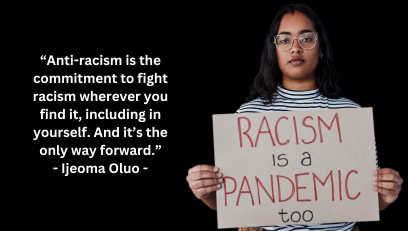
Provide Resources
CASAA will cultivate a culture of professional and personal learning by providing access to training, conferences, and presentations, some of which will be the outcome of our scholar-advocates’ research. In collaboration with other units on and off campus, CASAA will also create an interdisciplinary repository of resources that addresses racism, outlines strategies for building racial equity, and shapes an ethic of care. CASAA will:
- Provide funding, grant-writing support and information, and collaborative spaces that support antiracist scholarship, action, and advocacy.
- Support existing faculty and staff scholarly and applied projects by providing opportunities for research dissemination and connecting faculty and staff with networks.
- Provide personal learning opportunities for faculty and staff to 1) increase awareness of positionalities, power, and privilege; 2) increase knowledge of the multifaceted effects of systemic racism; and 3) develop antiracist strategies and practices.
- Support faculty and staff in the development of antiracist, interdisciplinary, and inclusive curricula and pedagogy.
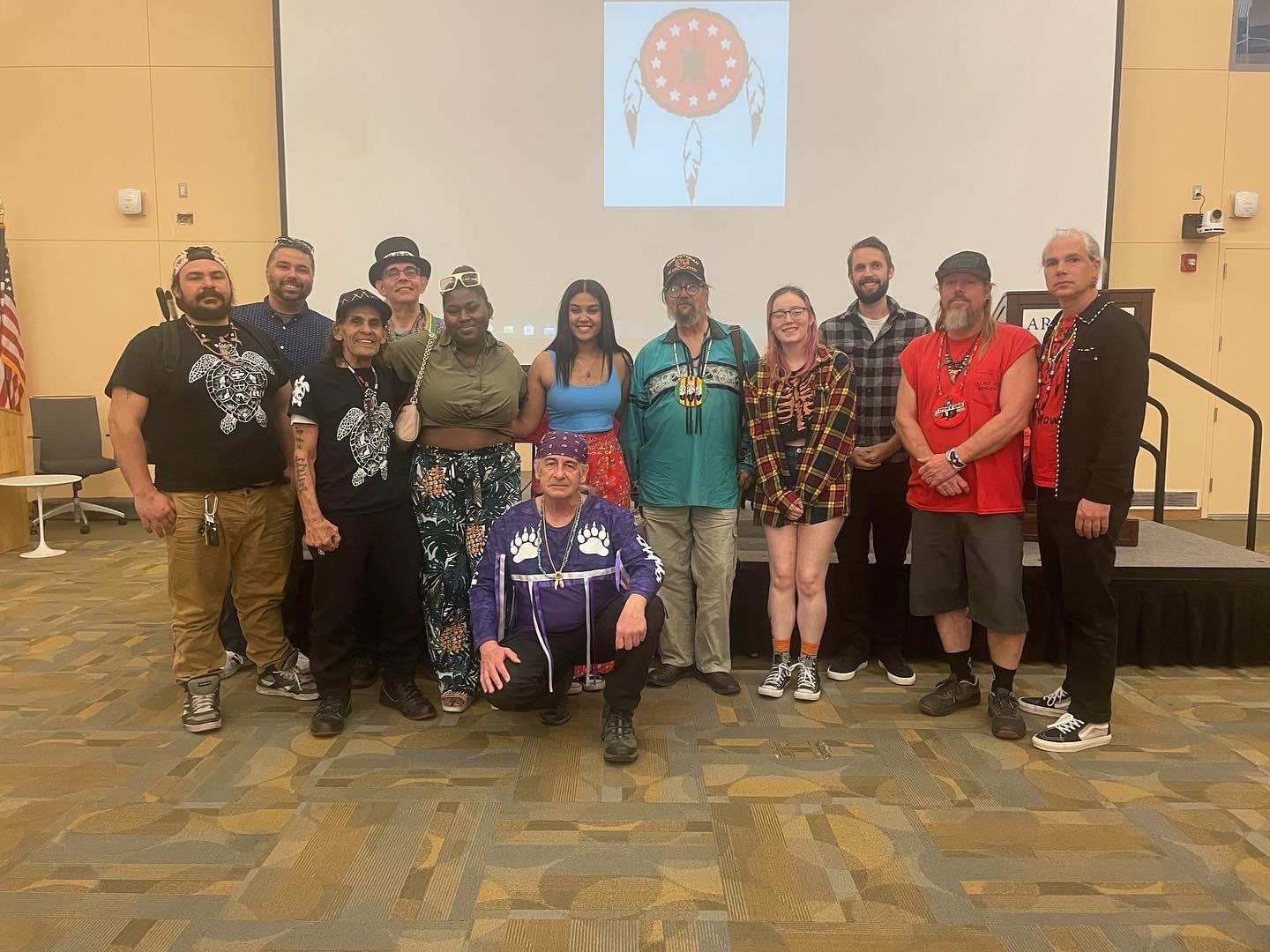
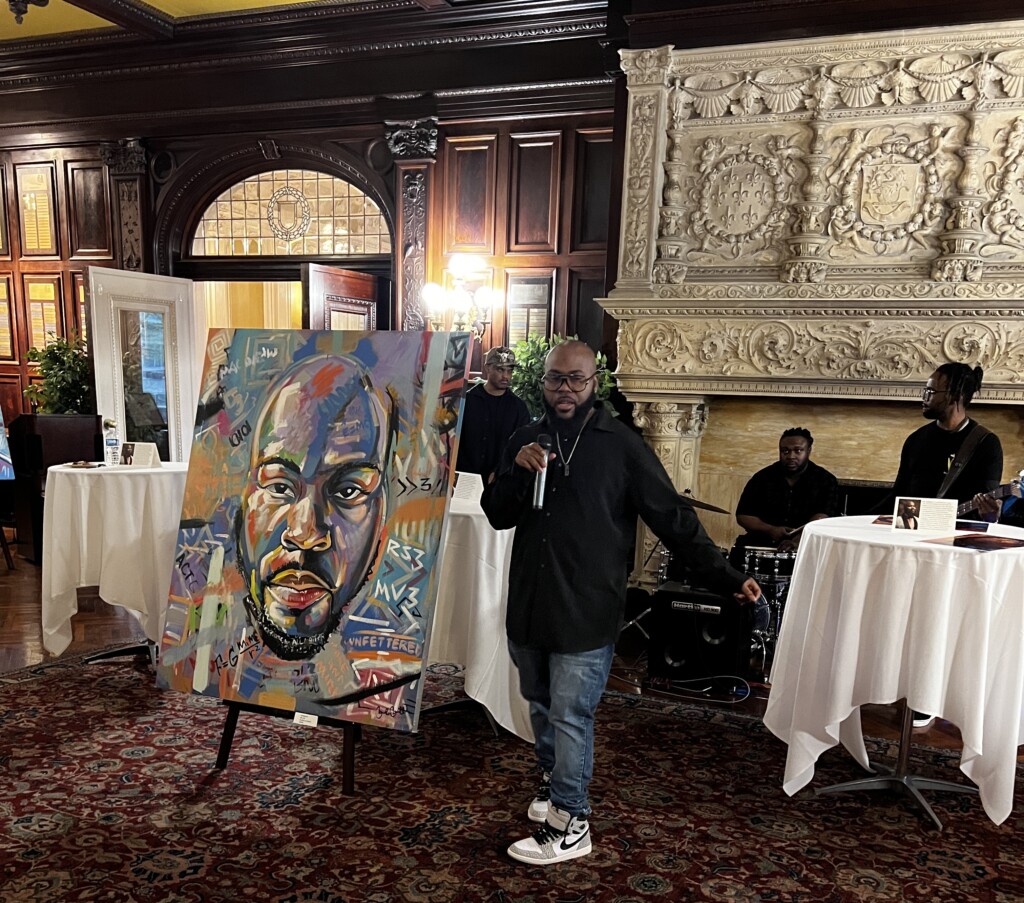
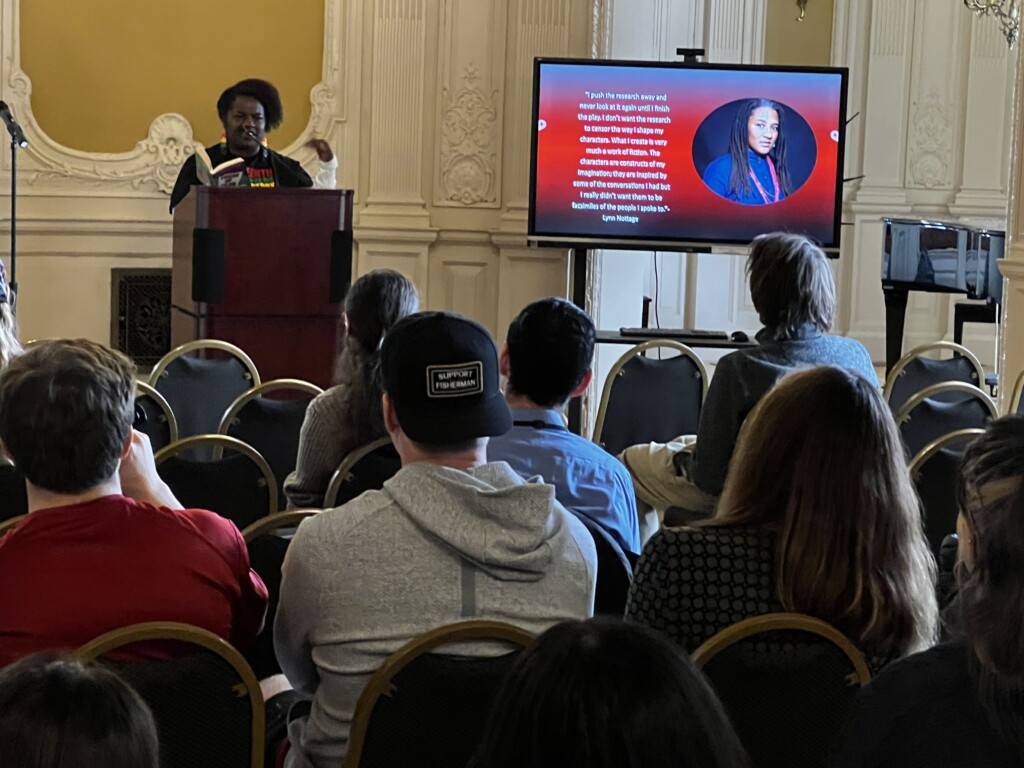
CASAA Programs and Initiatives
Part of the vision for the Center is to offer innovative and thought-provoking initiatives and programming to the members of the Arcadia community and beyond in order to deepen our collective understanding of the systems of racism and the efforts toward building racial equity in the modern world. Through sustained, research-based dialogue and opportunities to support the work of scholar-advocates, both at the University and within the community, we aim to be a catalyst for change.
Scholar-Advocates Program
Determined to build a network of researchers from across the disciplines, CASAA established the CASAA Scholar-Advocates Program in the 2021-2022 academic year. Our Scholar-Advocates engage in year-long antiracist research projects, receiving course releases, travel and professional development funds, and a stipend.
CASAA Working Groups
Determined to build community through the development of affinity spaces, communities of practice, and more, CASAA currently has two working groups: the Latinx Working Group and the Indigenous Working Group. These groups are focused on curriculum development, programming, and support for minoritized communities on campus.
Microgrants Programs
The CASAA mission includes directly supporting research on race, racism, and antiracism in the past as well as the contemporary world. The CASAA Microgrants Programs, which launched in AY21-22, provides opportunities for faculty, staff, and students to pursue, polish, and present their scholarship with targeted financial support.
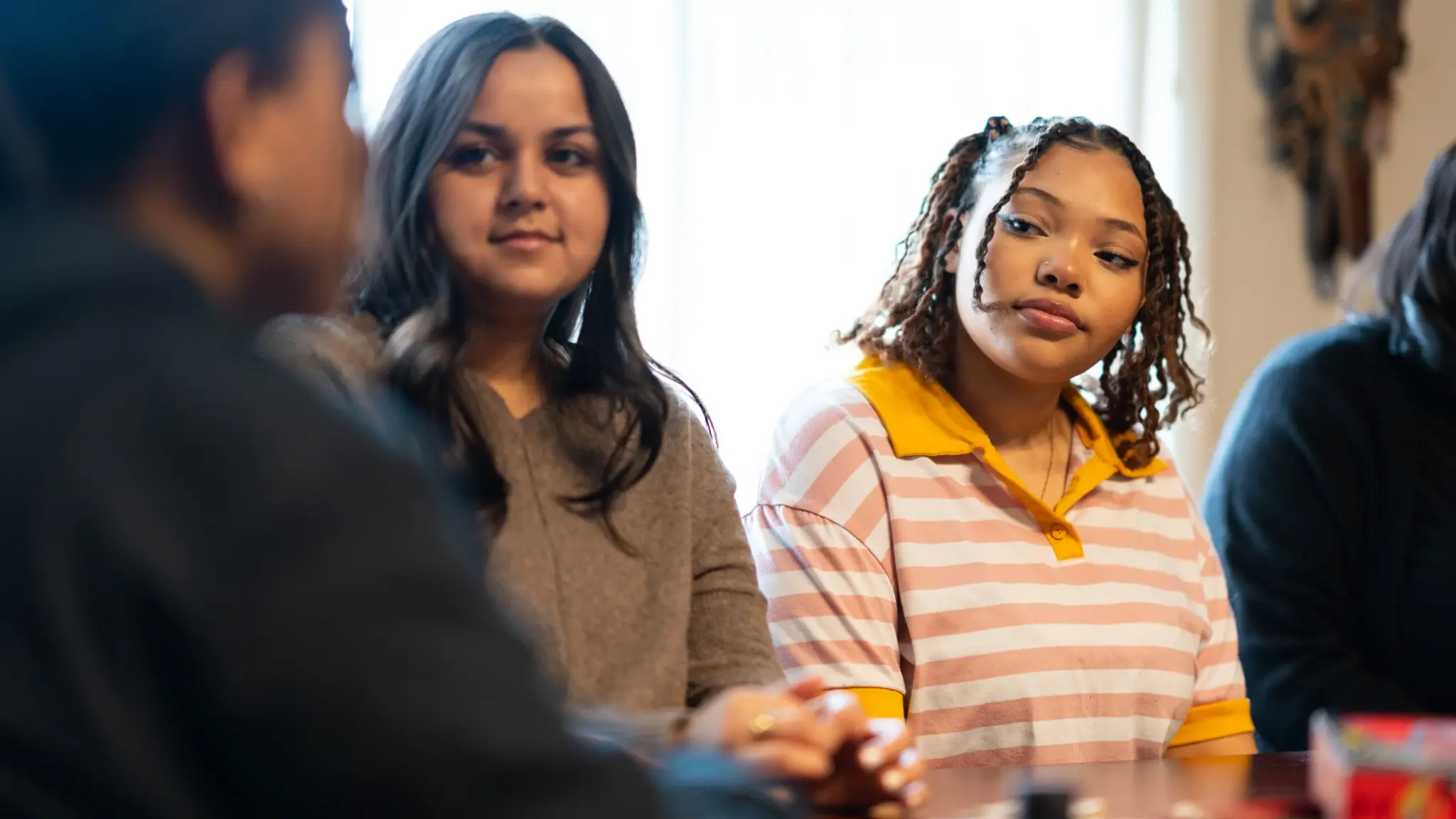
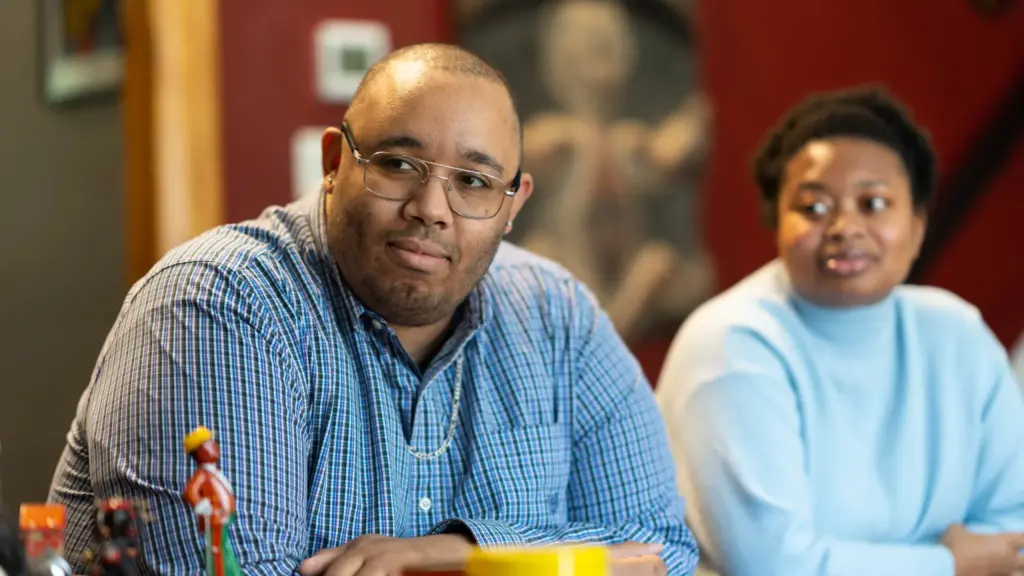
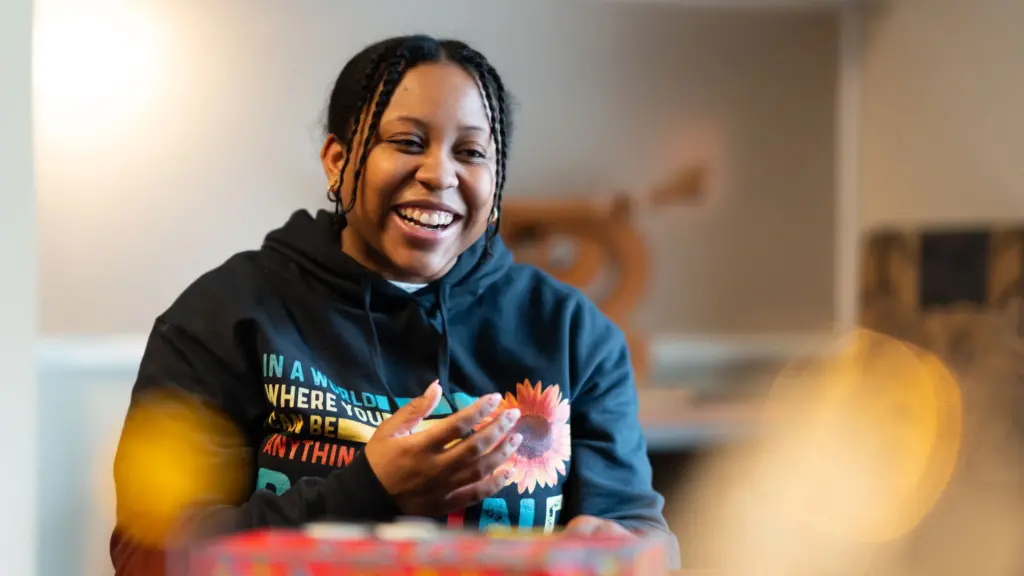
CASAA Forums and Workshops
Creating opportunities for community-building, knowledge development, and engaged dialogue, CASAA offers a number of thought-provoking events and conversations throughout the year aligned with its founding mission. From the CASAA Race Matters Forum to our CASAA Conversations Series, we strive to lead much-needed antiracist discourse as a foundation for transformation and what President Ajay Nair termed "radical change."
CASAA Conversations Series
Promoting interactive conversations on race matters, across time and across the globe, is essential to our mission of fostering a culture of open yet challenging dialogue. CASAA Conversations—a moderated discussion on race, racism, white supremacy, and social justice—is open to both the Arcadia and local community.
CASAA Symposia
The Center for Antiracist Scholarship, Advocacy, and Action hosts regular symposia, alternating between our Antiracism and Social Justice Symposium and our Cultural Heritage Symposium. These symposia offer opportunities for members of our community to engage with cutting-edge research and elevate BIPOC experiences.
CASAA Race Matters Forum
Part of the mission of CASAA is to create space in which scholar-advocates from Arcadia and the local community can engage in critical conversation about issues of race, racism, and racial inequity. We achieve this in part through the CASAA Race Matters Forum, which promotes the exchange of research and perspectives on race.
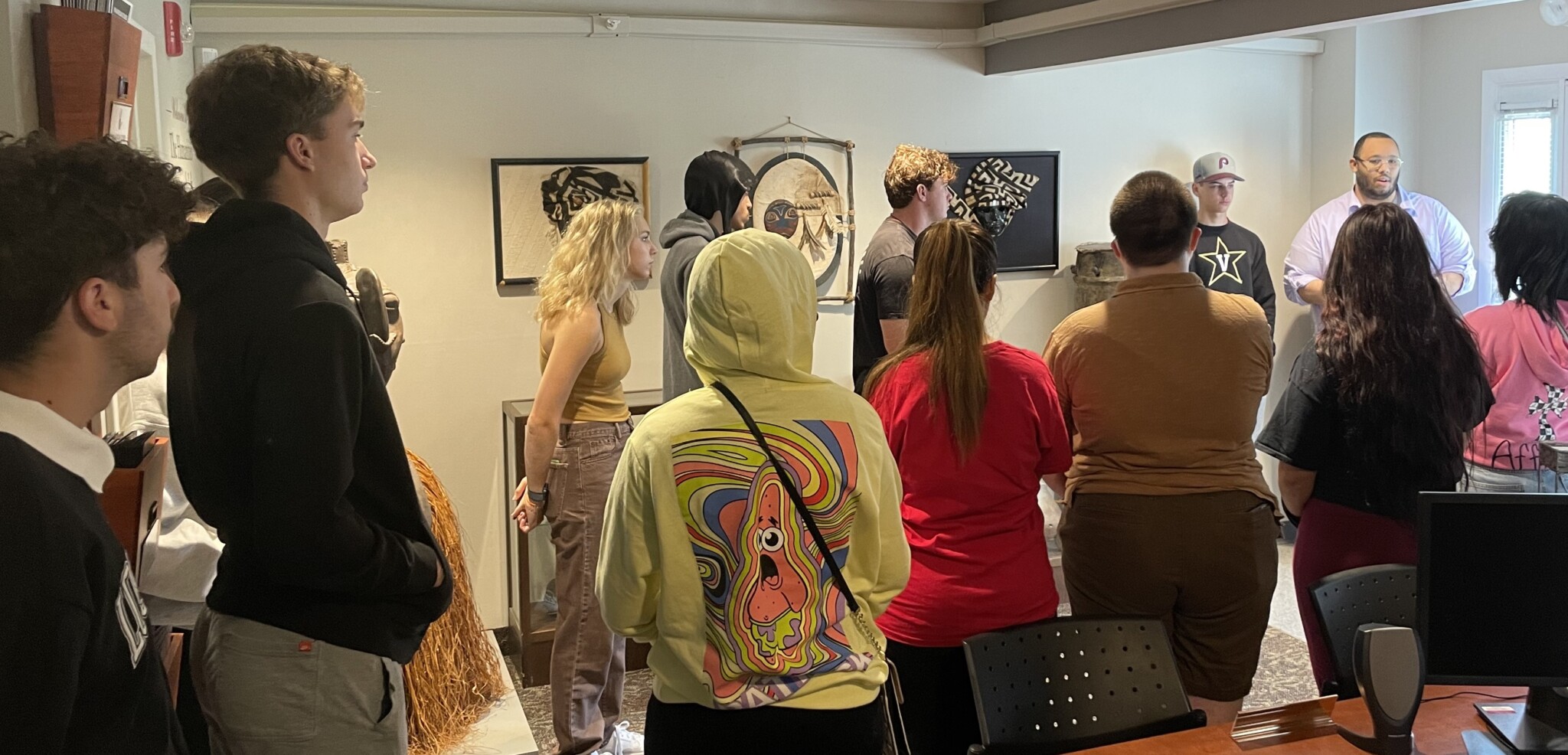
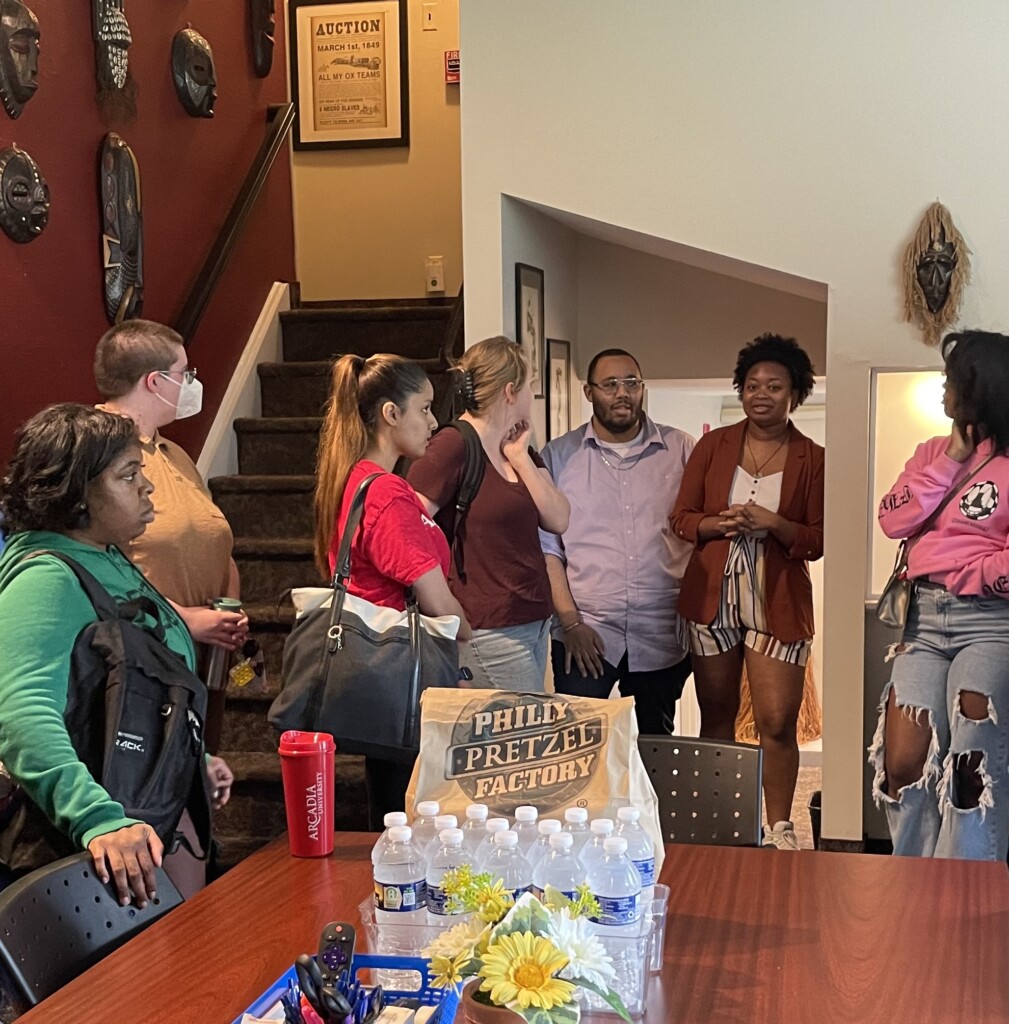
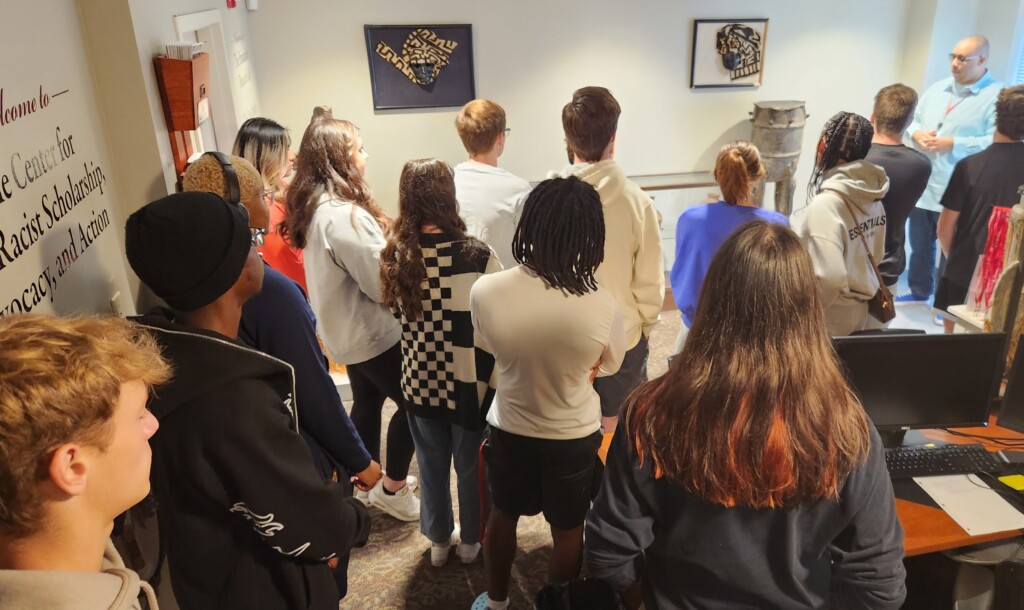
CASAA Resources
Providing resources is a main part of the Center's mission. This includes financial resources to stimulate the development of antiracist scholarship and pedagogical but also scholarly, academic, and community-engaged resources that scholar-advocates (at Arcadia and beyond) can put to use in their own antiracist endeavors. Our hope is that these resources will continue to evolve with contributions from stakeholders worldwide as we work to better understand and to combat the global systems of racism.
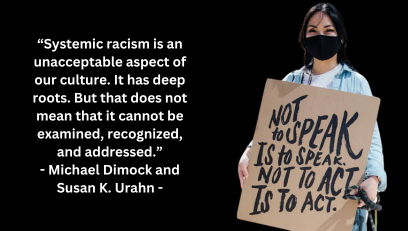
Antiracism Resources
Aligned with the core goals of the Center, members of the Arcadia community have co-created a list of antiracist and social justice resources for use in the classroom, in one’s scholarship, and more. Each resource is intended to be a living document, evolving along with our ever-changing world.
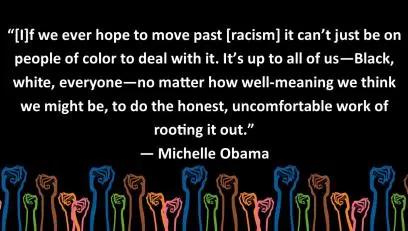
CASAA Annual Reports
Each year, the CASAA Leadership Team compiles an annual report to highlight the organizational shifts undertaken throughout the year, key achievements and recognitions, events and programming offered to the Arcadia community and the general public, and more. Please take a look to see what we have accomplished.
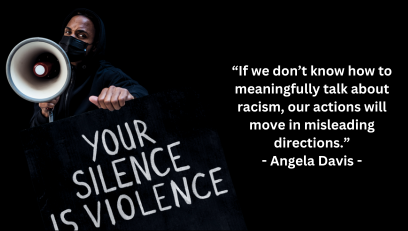
CASAA Collections and Tours
The Center houses collections of African artifacts as well as racist memorabilia from the antebellum era to the present. Tours are incorporated into all first-year writing courses and throughout the Arcadia curriculum as a starting place for dialogue about the history of racism and its impact on BIPOC communities worldwide.
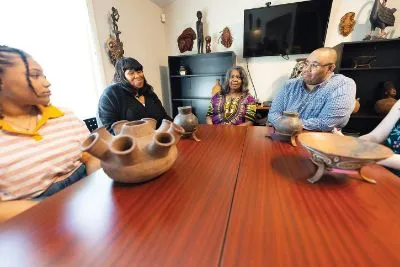

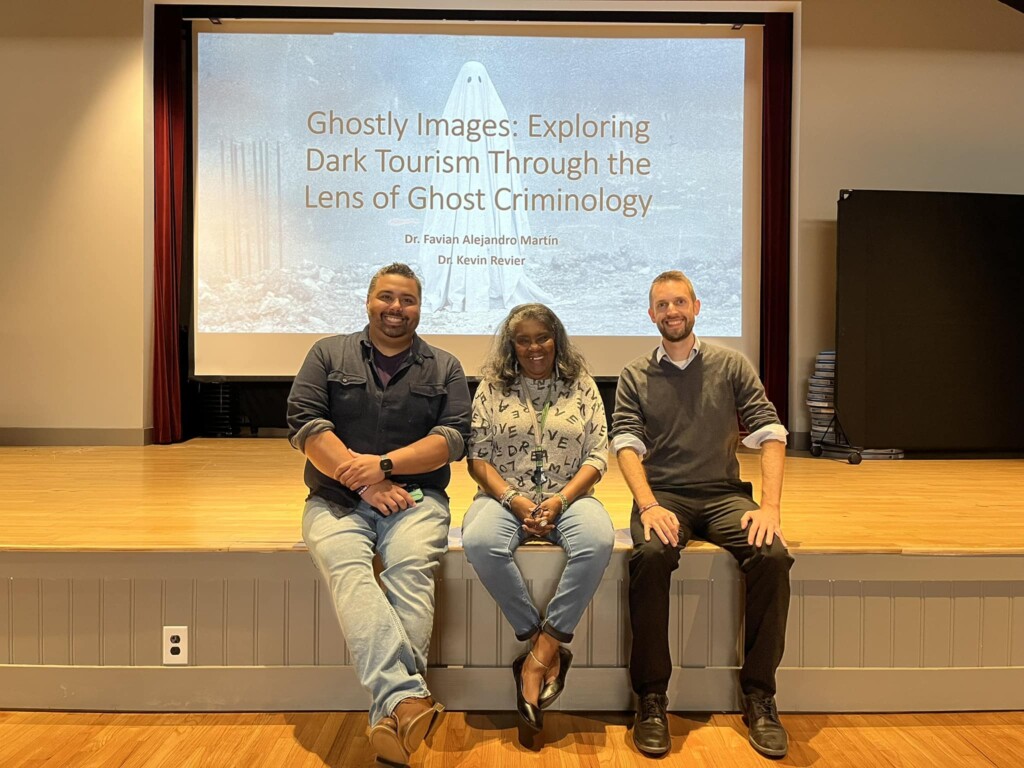
CASAA Leadership
Through effective leadership, CASAA promotes research as a gateway to advocacy and antiracist action. Under the direction of our Leadership Team, the CASAA provides a platform to bring together diverse minds across the world to conduct research and develop antiracist practices while finding mechanisms for sustained community engagement. After all, change must happen both inside and outside of the academic classroom.
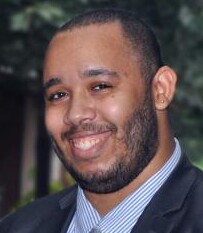
Executive Director
Dr. Christopher Allen Varlack, Executive Director of CASAA (AY22-present), is responsible for developing the mission and vision of the Center toward antiracist scholarship, managing its day-to-day operations, promoting the Center’s activities and services, establishing initiatives and partnerships to encourage and support faculty and staff antiracist research, and finding funding sources to accelerate CASAA projects.
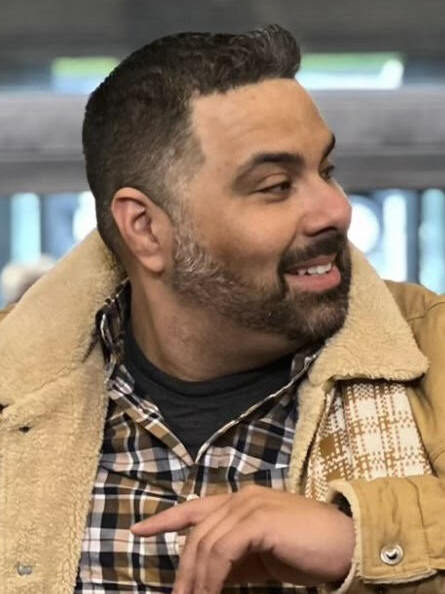
Associate Director
Dr. Favian Alejandro Martin, Associate Director of Events and Engagement (AY22-present), is responsible for developing the Center’s core programming, creating spaces to showcase faculty and staff research through the CASAA Conversations Series and the CASAA Race Matters Forum. He is also responsible for organizing CASAA-sponsored faculty and staff working groups on the indigenous and Latinx experience.
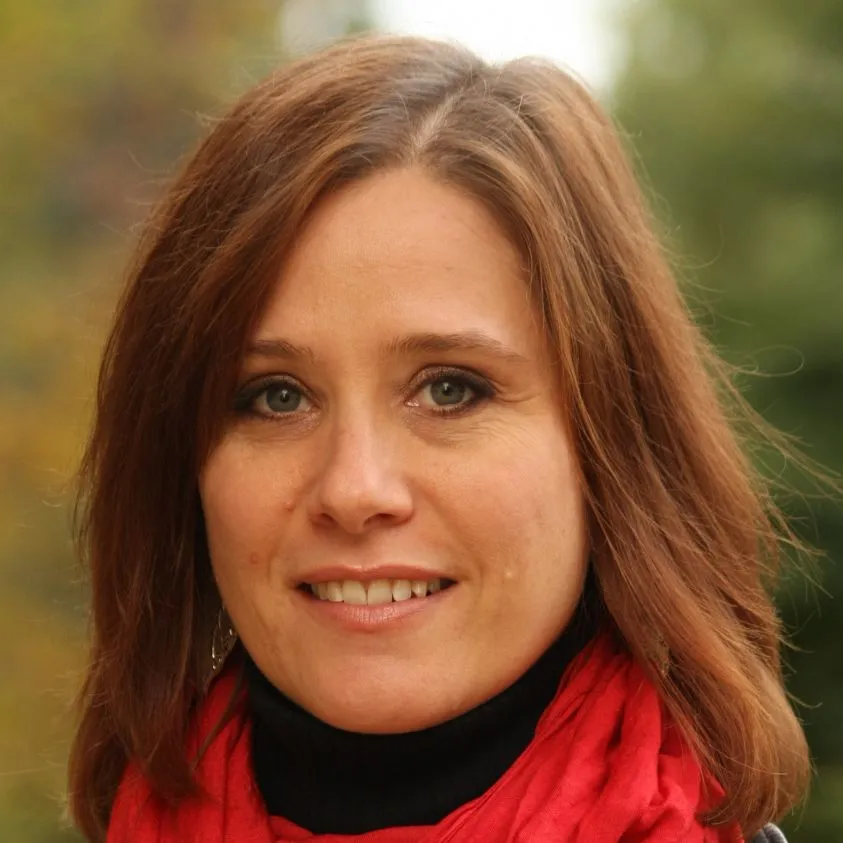
Associate Director
Dr. Hilary Parsons Dick, Associate Director of Advocacy and Special Projects (AY23-present), is responsible for building collaborative partnernships with community organizations and advocacy groups connected to the Center’s mission and managing operations of the Student Legal Clinic for Humanitarian Relief. She is also responsible for co-developing the CASAA Publication Lab and an international Journal for antiracism studies.
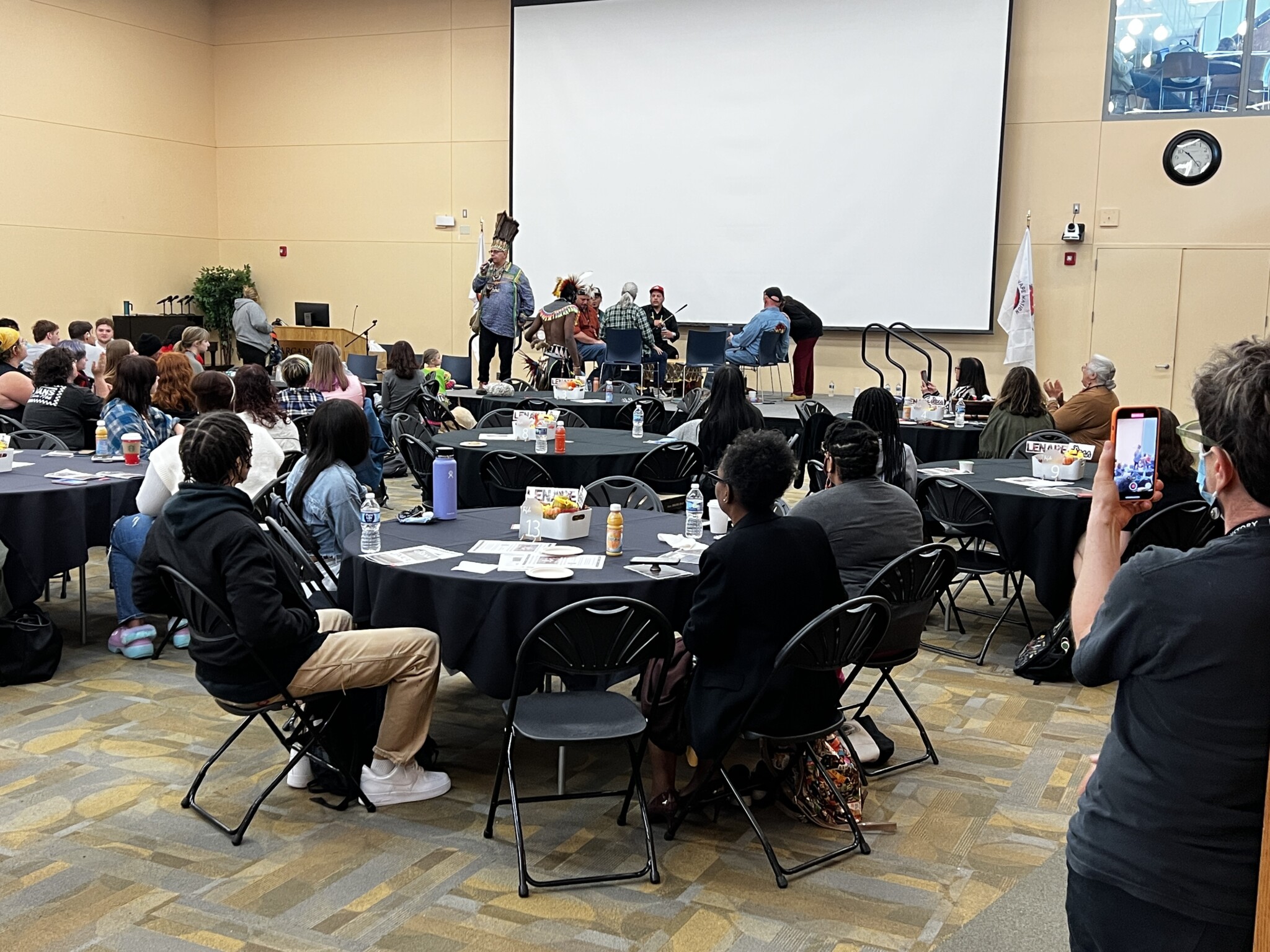
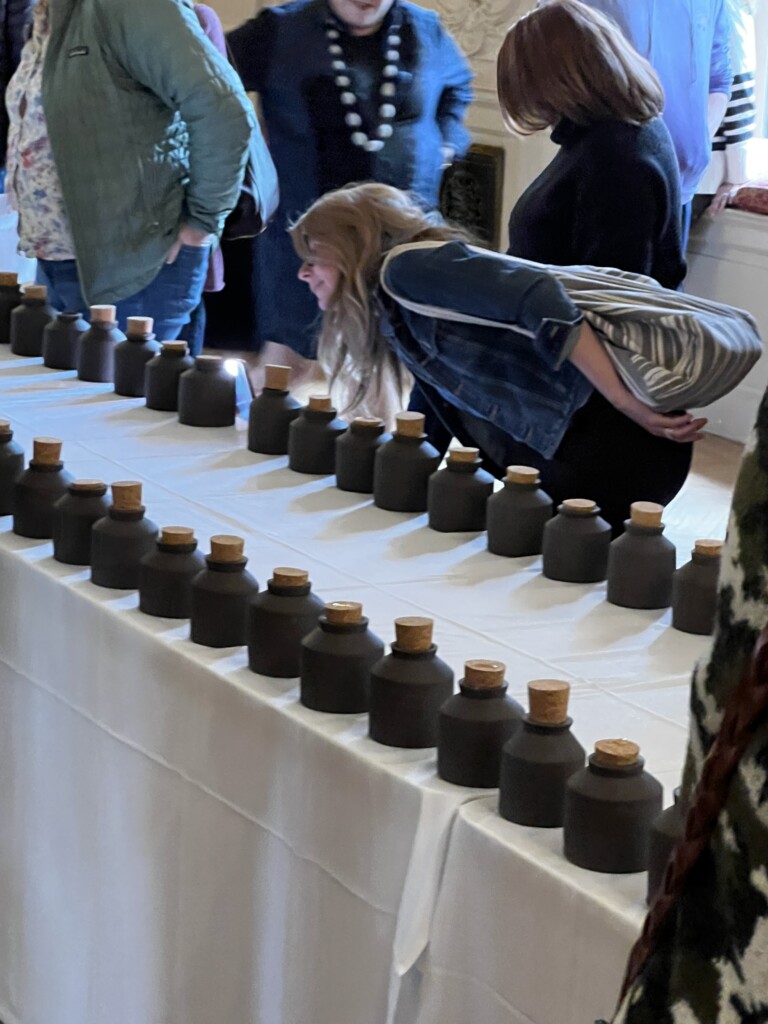
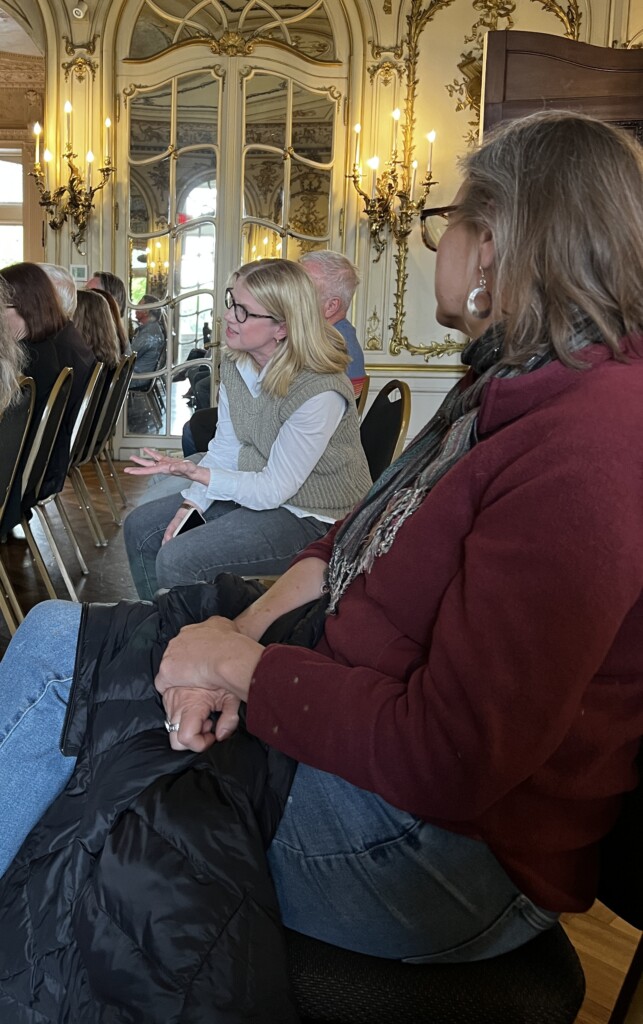
CASAA News
CASAA is dedicated to fostering strong community partnerships, collaborations with other units on the Arcadia University campus, and relationships with organizations/institutions doing important working in antiracist scholarship, social justice, advocacy, and action. Keep updated on exciting CASAA news shared with the University as we advance eye-opening programming, innovative research, and so much more. Follow us online on Facebook, Instagram, TikTok, and YouTube.
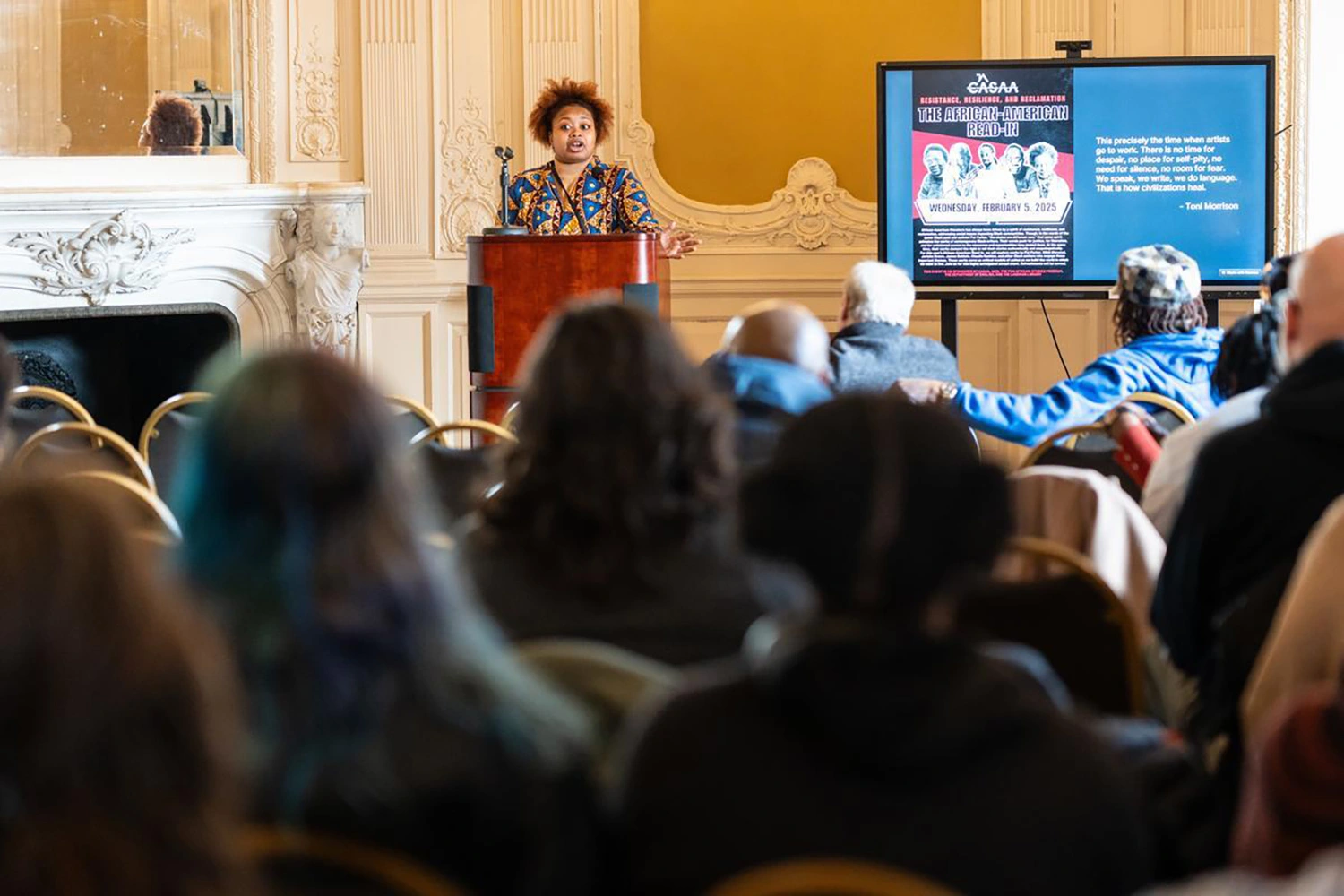 Arcadia University Reflects on “Resistance, Resilience, and Reclamation” at Annual African-American Read-In
Arcadia University Reflects on “Resistance, Resilience, and Reclamation” at Annual African-American Read-In
